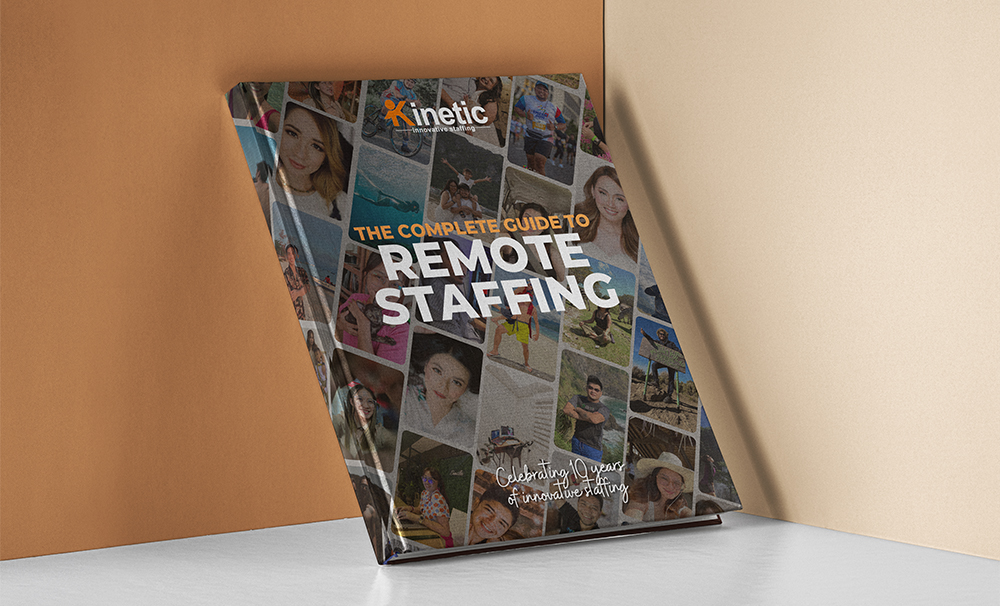Software development and the demand for software engineers are growing in an increasingly digital world. The proliferation of progressive technologies such as Artificial Intelligence (AI) and The Internet of Things (IoT) are driving the burgeoning appetite for software talent, with no end in sight.
For example, speech recognition via AI is already breaking new ground. Siri, Alexa and Google Assistant are now taking millions of verbal commands every day from users around the world. Online retail giants such as Amazon are already employing AI to optimise inventory and improve product recommendations to customers. Digital marketing firms are using AI to determine what, where, when, and how digital ads can best generate online sales for clients.
IoT is another technology that is surging ahead. IoT is a network of multiple interconnected gadgets to simultaneously collect data and perform functions collectively. A popular example of this is in smart home systems where if a user where to leave his office, his GPS-enabled mobile phone will automatically trigger his air-conditioner to cool down the house to a pre-set temperature. Mobile phone users can also place online orders just by speaking to their phone’s digital assistant. This will then trigger a series of automated processes that will move the products from the warehouse and delivered straight to the user’s doorstep.
According to various estimates, the global IoT industry is expected to grow by up to eight times over to $1.2 trillion by the year 2022.
To drive all these innovations in programming and software development, engineers and programmers will clearly be needed.
A supply crisis for software talent in Australia
The Australian Government projects, on average, 12,000 new job openings for software and applications programmers every year until 2022. Unfortunately, new software talent in Australia add up to only 10,000 programmers every year. University graduates with degrees in information technology number only 5,000 every year, while the net migration of software and applications programmers have remained steady at around 5,000 per year since 2012.
Considering that university enrollments in technology-based courses have declined by 36% since 2001, and that the new 457 visa fix is limiting the influx of much-needed overseas talent, the ongoing skills crisis won’t seem to go away soon.
The government has clearly acknowledged the problem and has taken concrete steps in the right direction. Prime Minister Malcom Turnbull’s innovation package has already allocated $1 billion to various initiatives to promote innovation and a start-up culture, including research funding, focus on education, and tax incentives for investments in start-ups.
While this innovation agenda will do well to best ensure Australia’s future technology capability, the pressing issue for the short-term still remains unresolved.
A viable solution to the skills shortage
Today, Australian companies such as Local Measure and EmployeeLife are augmenting their local teams with highly skilled remote engineers from around the world that work seamlessly with their local teams.
Kinetic Innovative Staffing has been providing hundreds of Australian businesses with remote skilled professionals from the Philippines, ranging from software engineers, to web developers, accountants, HR assistants, and even civil engineers.
A major benefit to remote staffing is that it allows foreign-based professionals to start right away, as if you were onboarding a local hire. Aside from a good internet connection and a duly accomplished service agreement, no other requirements are needed. Visas are not required, which means the contractor can start as soon as schedules match.
In addition, because cost of living is 61% lower in the Philippines vis-à-vis Australia, salary structures are lower as well. Software engineers with Kinetic are averaging a little over $29,000 per year, as compared to local rates of $100,000 here in Australia.
Kinetic has access to a database of more than 4 million professional workers in the Philippines, ensuring a very good chance of finding the right fit.
If you would like to know more about remote staffing, get in touch with us at Kinetic through here.




